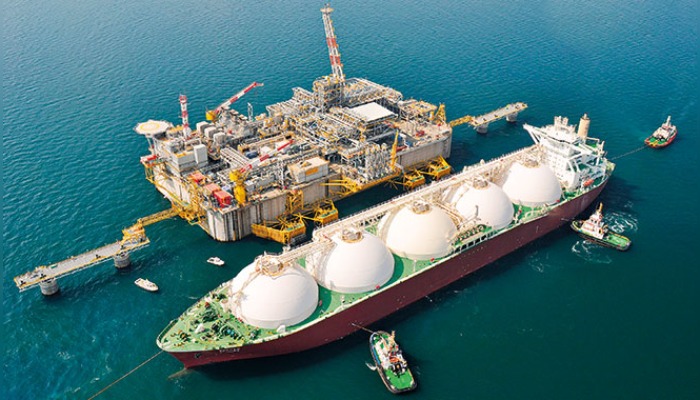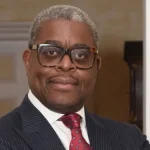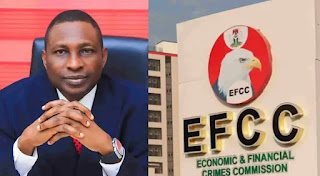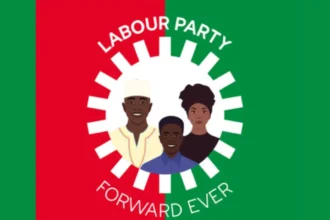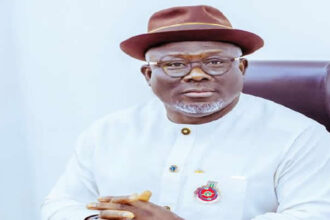...To get all news updates, Join our WhatsApp Group (Click Here)
Also Join our WhatsApp Channel (Click Here)
Qatar is courting foreign investors to expand its gas expansion project, and the energy companies falling over themselves are the same ones that turned their nose up at Nigeria’s invitation to invest in its liquefied natural gas (LNG) plants.
BusinessDay findings showed Qatar is already one of the world’s largest suppliers of LNG — gas cooled into liquid form so that it can be piped onto ships for export – and it is making plans to further increase its LNG production capacity following the discovery of vast new gas reserves.
Qatar announced new plans to expand output from the world’s biggest natural gas field, saying it will boost capacity to 142 million tonnes per annum (mtpa) before 2030, according to Saad Sherida al-Kaabi, Qatar’s energy minister.
The new North Field expansion, named North Field West, will add a further 16 million tonnes of LNG per year to existing expansion plans, Sherida al-Kaabi said at a news conference on Sunday.
Meanwhile, Nigeria LNG Limited (NLNG), owned by the federal government of Nigeria and three international oil companies, has been on force majeure for more than 15 months.
“Recent studies have shown that the North Field contains huge additional gas quantities estimated at 240 trillion cubic feet, which raises the state of Qatar’s gas reserves from 1,760 [trillion cubic feet] to more than 2,000 trillion cubic feet,” said al-Kaabi, who also heads the state-owned company QatarEnergy.
These results “will enable us to begin developing a new LNG project from the North Field’s western sector with a production capacity of about 16 million tonnes per annum”, he said.
This will bring Qatar’s production capacity to 142 million tonnes once “the new expansion is completed before the end of this decade” – a nearly 85 percent rise from current production levels, al-Kaabi added.
The QatarEnergy chief said the firm will “immediately commence” with engineering works to ensure the expansion is completed on time.
BusinessDay’s findings showed ExxonMobil has pumped nearly $30 billion into gas projects in Qatar within long-term partnership agreements.
The US oil giant ExxonMobil has pumped nearly $30 billion into gas projects in Qatar within long-term partnership agreements, its Senior Vice President has said.
According to Peter Clarke, ExxonMobil’s senior vice president, the oil giant began investing in Qatar’s gas projects during the 1990s and that it has contributed to the development of 12 of the 14 gas facilities in the Gulf country.
“We have also invested in 27 LNG vessels to transport Qatari gas…over the past years, we have invested nearly $30 billion in major projects in Qatar…we also have important ventures with Qatar in the US, mainly Golden Pass Terminal,” Clarke told the Qatari Arabic language daily Asharq in an interview.
Contrast this with Nigeria where investors have largely been unimpressed with overtures to build new liquefaction plants.
The NLNG has seen its output decline owing to gas supply constraints, which also pose a threat to its expansion plan.
It had on October 17, 2022 declared a force majeure on product supplies from its production facilities on Bonny Island, following the declaration of force majeure by all its upstream gas suppliers.
Since the development of the NLNG, new projects have been too few and far between. e Two LNG projects in Nigeria: Olokola LNG and Brass LNG have been unable to reach a final decision by the stakeholders as investors have pulled out.
The OK LNG project was stalled because all the international oil companies (BG, Shell and Chevron) withdrew from the project, with only the Nigerian National Petroleum Company (NNPC) left.
The Brass LNG project, which was designed to produce 10 million metric tonnes per annum, was to be built by the NNPC, Total, ConocoPhillips and Eni Group. But ConocoPhillips withdrew from the project in 2013 and has stalled since then.
“As we move into the early 2030s, there’s going be huge demand for gas from Asia, and I think QatarEnergy is squarely focused on that,” said Tom Marzec-Manser, head of gas analytics at commodity pricing and data company ICIS. Qatar has secured two huge gas supply deals with China over the past 15 months.
Last June, it agreed to sell 4mn tonnes a year of LNG to China National Petroleum Corporation for 27 years, following a similar deal with China’s Sinopec in November 2022.
Qatar’s LNG ramp-up comes amid growing demand for gas, which is set to grow by 2.5 percent, or 100 Bcm (3531 Bcf) in 2024, the International Energy agency said in its gas market report for Q1 2024.
Qatar accounted for 20 percent of LNG volumes in 2023, the Paris-based agency said in the report.
“In particular, the United States and Qatar have been driving this trend, accounting for 34 percent and 26 percent of all contracted volumes in 2023 respectively. Considering only post-FID (final investment decision) projects, these countries’ share was 21 percent and 39 percent,” the IEA said.
It is this kind of critical thinking and rigour that is absent in Nigeria’s policy formulation and execution which is scaring away investors.
You can get every of our news as soon as they drop on WhatsApp ...To get all news updates, Join our WhatsApp Group (Click Here)
Also Join our WhatsApp Channel (Click Here)



